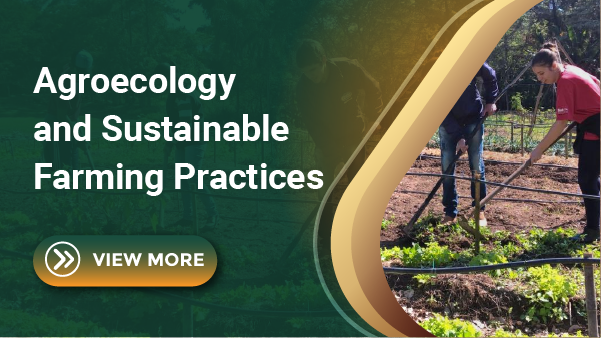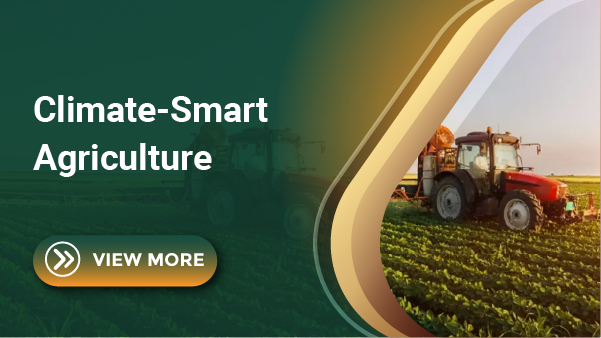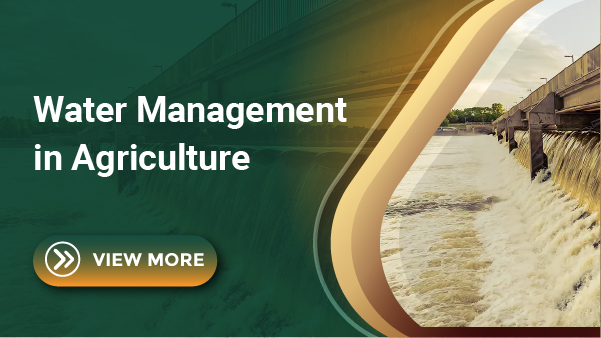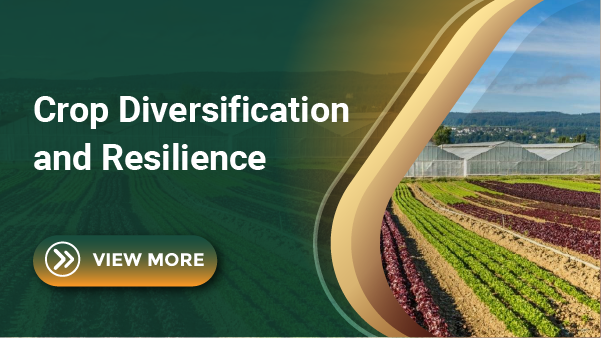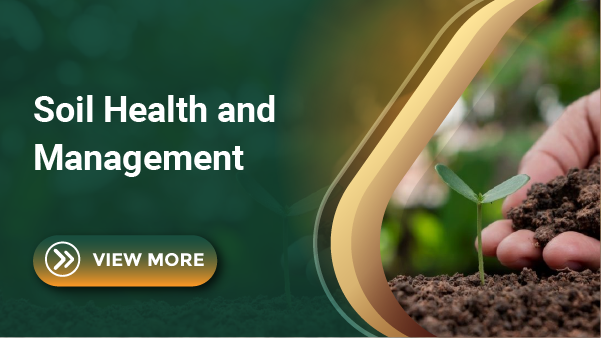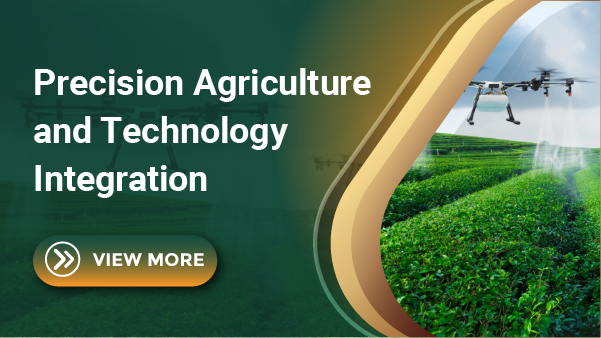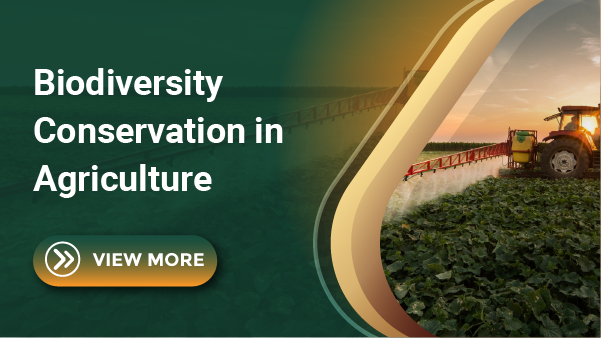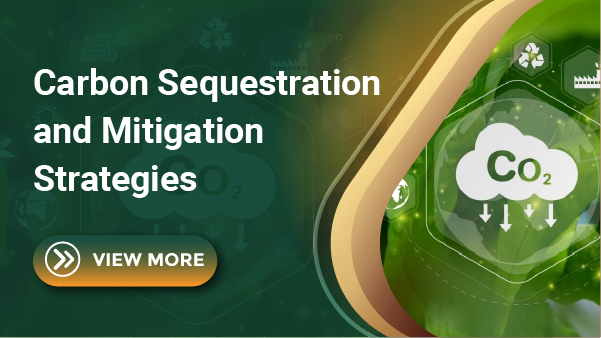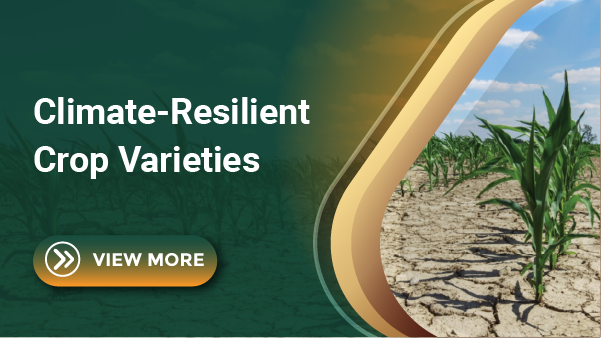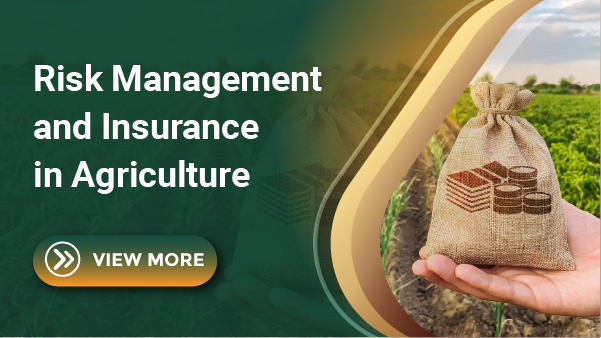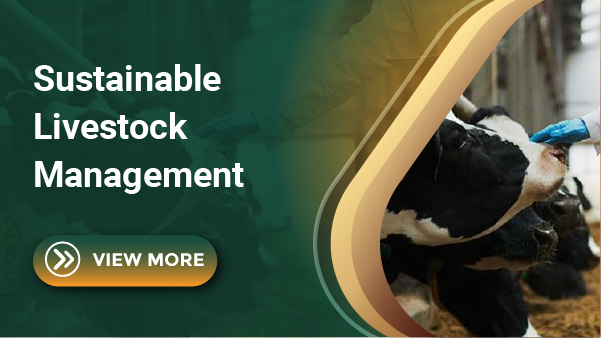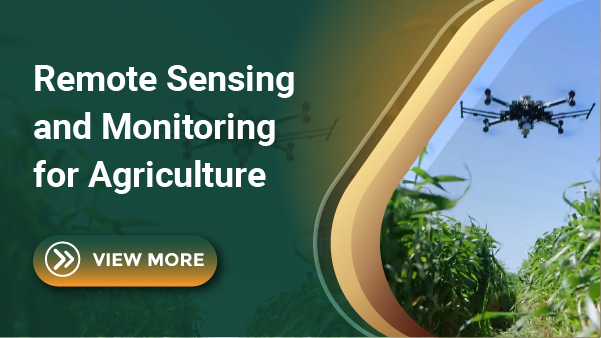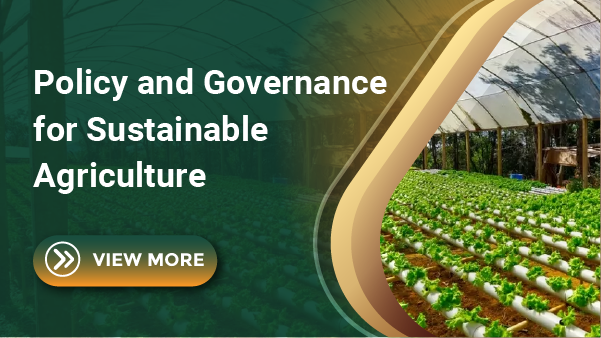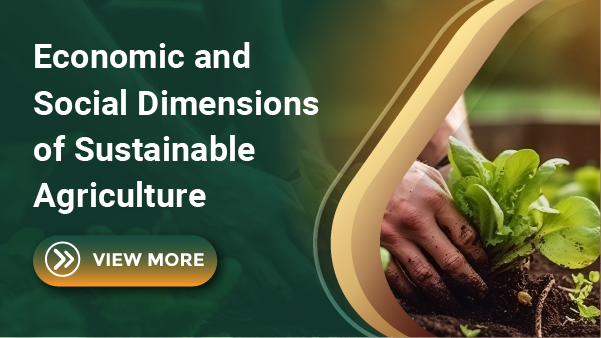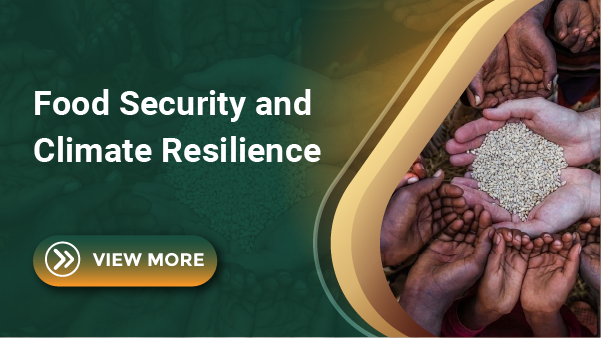Sustainable
Livestock Management
Session Overview:
The “Intercontinental Conference on Sustainable Agriculture and Climate Resilience: A Management Perspective” is designed to serve as a premier platform for esteemed Research Experts worldwide. Attendees can anticipate unparalleled opportunities to network, gain invaluable insights, showcase their hidden potential, present significant research findings, and receive due credit and recognition for their diligent work. With an overarching theme centred on preparing for a sustainable future, the conference aims to pave the way for a healthier and sustainable tomorrow for generations to come.
Prepare for an enriching voyage through cutting-edge research as you collaborate with esteemed experts worldwide. Together, we'll forge paths to success, reshaping the future and redefining scholarly excellence. Join us at the International Conference on Recent Trends in “Intercontinental Conference on Sustainable Agriculture and Climate Resilience: A Management Perspective”. We warmly invite submissions of full papers and abstracts across diverse sessions such as,
Who Can Join
Tracks
Topics of Interest for Submission include, but are not limited to:
1 Animal Welfare and Ethical Practices
2 Environmental Impact Reduction in Livestock Farming
3 Resilience in Livestock Farming Systems
4 Innovations in Feed Production and Nutrition
5 Circular Economy Principles in Livestock Farming
6 Technology Adoption for Livestock Health
7 Community Engagement and Livestock Farmers
8 Policy Frameworks for Sustainable Livestock
9 Economic Viability of Sustainable Practices
10 Education and Awareness on Sustainable Livestock
Key Themes
- Attendees of the conference session on "Sustainable Livestock Management" will gain critical insights into animal welfare and ethical practices, which are foundational to sustainable farming. Emphasizing humane treatment and ethical practices not only ensures the well-being of livestock but also enhances product quality and consumer trust. Exploring strategies for reducing the environmental impact of livestock farming, such as minimizing greenhouse gas emissions and managing waste effectively, will be vital for attendees to learn how to balance productivity with environmental stewardship.
- The session will also delve into resilience in livestock farming systems and innovations in feed production and nutrition. By understanding how to build resilient farming systems that can withstand environmental and economic pressures, attendees can implement practices that ensure long-term sustainability. Innovations in feed production and nutrition will provide insights into optimizing animal health and productivity while reducing reliance on unsustainable feed sources. Circular economy principles, which promote the reuse and recycling of resources within the farming system, will further enhance sustainability by minimizing waste and maximizing resource efficiency.
- Moreover, the conference will highlight the importance of technology adoption for livestock health, community engagement, and policy frameworks for sustainable livestock management. Modern technologies, such as precision livestock farming tools, can improve health monitoring and disease prevention. Engaging local communities and livestock farmers through participatory approaches ensures that sustainable practices are culturally appropriate and widely adopted. Discussions on policy frameworks will underscore the need for supportive legislation and incentives to promote sustainable practices. Additionally, sessions on the economic viability of sustainable practices and education and awareness will equip attendees with the knowledge and tools to advocate for and implement practices that ensure both profitability and sustainability in livestock farming.
Scope & Benefits of Attending, “Intercontinental Conference on Sustainable Agriculture and Climate Resilience: A Management Perspective:
Prepare yourself for an extraordinary experience at the “Intercontinental Conference on Sustainable Agriculture and Climate Resilience: A Management Perspective” conference, where attendees will have the opportunity to explore a diverse range of topics spanning various disciplines.
Attending the “Intercontinental Conference on Sustainable Agriculture and Climate Resilience: A Management Perspective” conference has numerous scope and benefits like:
Scope and Benefits of Attending the Intercontinental Conference on Sustainable Agriculture and Climate Resilience: A Management Perspective

Sustainable Agriculture and Climate Resilience: 2024
- Agroecology and Sustainable Farming Practices: Attending this conference provides a comprehensive understanding of agroecology and sustainable farming practices. Experts will present innovative techniques that enhance productivity while maintaining ecological balance. Participants will gain insights into sustainable farming models that promote biodiversity, soil health, and reduce reliance on chemical inputs, thus ensuring long-term agricultural sustainability.
- Climate-Smart Agriculture : Climate-smart agriculture is pivotal in addressing the challenges posed by climate change. This conference offers a platform to explore strategies that integrate climate resilience into agricultural systems. Attendees will learn about adaptive techniques that optimize resource use, reduce greenhouse gas emissions, and enhance resilience to climate variability, making them better equipped to implement sustainable agricultural practices in diverse environments.
- Water Management in Agriculture : Efficient water management is critical for sustainable agriculture, especially in the face of climate change. This conference session will delve into advanced irrigation technologies, water-saving techniques, and integrated water management practices. By participating, attendees will understand how to optimize water use, improve crop yields, and ensure the sustainability of water resources for future generations.
- Crop Diversification and Resilience : Crop diversification is a key strategy for building resilience against pests, diseases, and climate extremes. The conference will highlight innovative approaches to crop diversification that enhance agricultural sustainability and food security. Participants will discover how diversifying crops can improve soil health, reduce dependency on single crop varieties, and increase farm resilience to climatic shocks.
- Precision Agriculture and Technology Integration : The integration of technology in agriculture through precision farming offers immense benefits for sustainable agriculture. This session will showcase cutting-edge technologies like GPS, drones, and IoT for monitoring and optimizing agricultural practices. Attendees will learn how to leverage these technologies to increase efficiency, reduce waste, and improve overall farm productivity while minimizing environmental impact.
- Biodiversity Conservation in Agriculture : Conserving biodiversity within agricultural systems is essential for ecosystem stability and resilience. The conference will address strategies for maintaining and enhancing biodiversity on farms, including the use of cover crops, agroforestry, and habitat restoration. Participants will gain practical knowledge on implementing biodiversity-friendly practices that support ecological balance and agricultural productivity.
- By attending the Intercontinental Conference on Sustainable Agriculture and Climate Resilience, participants will not only stay at the forefront of agricultural innovation but also network with leading experts and policymakers. This conference is a vital opportunity to learn, collaborate, and contribute to the global effort towards sustainable and resilient agriculture.
Author Guidelines
Guidelines for Abstract Submission:
- Language: Abstracts must be written in English.
- Length: Limited to one paragraph with 200-250 words.
- Format: Submit in MS Word (.doc or .docx) document format.
- Content: Abstracts should provide an informative summary of the original work. Include a brief biography with your abstract, following the example provided in the template.
- Formatting: Center-align the Title, Author's Names, and Affiliations. Underline the presenting author's name.
- Submission: Please submit your abstract through the designated submission portal.
- Acknowledgment: Upon abstract submission, you will receive an acknowledgment email within three working days.
Evaluation Process

Guidelines for Full Paper Submission
If your abstract has been accepted and the registration fee for Beyond Intelligence 2024 has been paid, you are invited to submit the full paper. Please adhere to the following guidelines for the submission:

- Total number of pages: 6-8 in double-column format
- Language: English (checked for grammar and language errors)
- Tables, figures, and images should be properly named and of high quality.
- Keywords should be written in lowercase letters (except for names/scientific names) and separated by commas.
- Affiliation names, including the country, must be provided.
- Each paper should be structured into the following sections:
- Background, Motivation, and Objective
- Statement of Contribution/Methods
- Results, Discussions, and Conclusions
Once your full paper is prepared according to the above instructions, please proceed to submit it through the provided link. Submit your Full paper Here.







